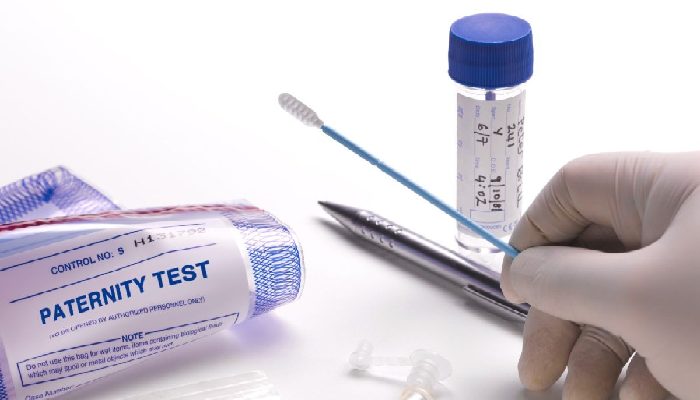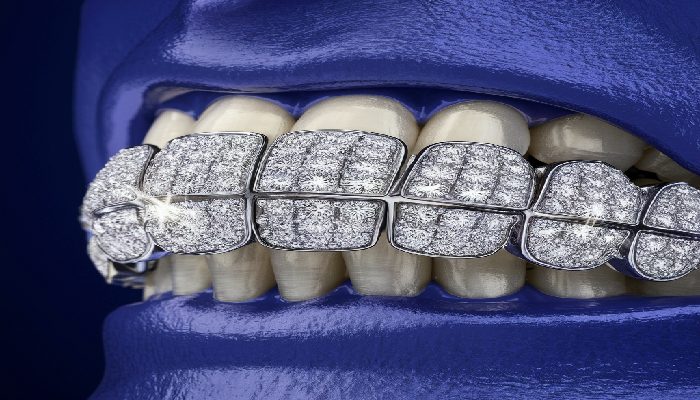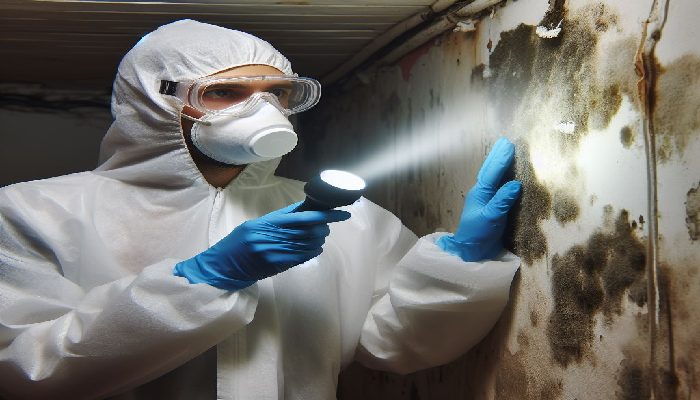Whether you’re looking for peace of mind or legal involvement, the DNA testing you choose will make a massive difference in the outcomes of these situations. There are two main types of paternity testing: at-home and legal DNA tests. Each has its own approach and standards, influencing how it can be used and interpreted in legal and non-legal settings.
If you need a paternity test, it is vital to understand the differences between legal tests and at-home testing. A court-ordered paternity test is a legal test that must be completed under the protocols that allow the court to verify the DNA sent over for testing. With court-admissible paternity tests, the court can ensure that the samples match the names of those being tested.
The assurance courts receive from court-ordered tests is not matched by at-home paternity tests; therefore, they are not acceptable substitutes. If you have to submit a paternity test for court, at-home paternity tests are not acceptable. At-home tests are used for “peace of mind” purposes. Visit our site to learn more about the primary differences between at-home and legal DNA paternity testing. Continue reading below for more information on testing specifics and paternity test cost factors.
Legal DNA Paternity Test Specifics
Legal DNA tests are used in official cases addressing issues like child custody, child support, immigration, adoption, social security, etc. Courts have protocols for DNA sample collection that ensures the accuracy and integrity of the testing. The accuracy in results and the third-party involvement explains the increase in the price of paternity test cost compared to at-home kits.
The paternity test cost is also higher because the legal paternity tests take place by contacting a lab or purchasing the test online. Working with court-affiliated labs is more expensive than peace of mind testing. A customer service specialist is then assigned to make an appointment with a local DNA collection center in the participants’ area.
A legal paternity DNA kit is mailed to the established collection center. During the appointment, the sample collector will check the participants’ identities and verify their information.
How Are The Samples Collected?
Participants will perform their own cheek swab or be assisted by the collector. Once the DNA testing is finished, the collector will finish the paperwork and secure the DNA samples. The collector will ship the samples to the determined lab, and the results will be revealed soon after that.
The paternity test cost for legal DNA tests is $349 for two people, with another $125 added for each additional participant. The additional figures involved, like those at the lab and the sample collector, also influence the higher paternity test cost for legal testing. The higher paternity test cost is often what encourages people to start with at-home tests first.
At-Home Paternity Testing
For most, by relying on an at-home paternity test for peace of mind purposes, there is no need to worry about receiving inaccurate results. The results should be highly accurate if you check the lab reputation that the DNA testing company utilizes. Still, there are scams out there as well as inefficient labs. If you want certainty that your results are accurate, however, it may be worth it to choose a lab used by courts and go on with a legal paternity test with or without a court order.
If at-home tests you are considering are selling for a very cheap rate, these companies are unlikely to be trustworthy and should be avoided to preserve the accuracy of results that you aim to receive. If it can be avoided, it’s better to get the accuracy you deserve than it is to avoid paying more for a higher paternity test cost.
Choosing Tests And Considering Paternity Test Cost
Depending on what you’re looking to accomplish, it may be better to complete an at-home paternity test and a legal paternity test after that. You may wish to start with the at-home paternity test to persuade your decision to go to court and have a court-admissible paternity test completed. Understand that at-home paternity testing kits, so long as the kit is used correctly, should be highly accurate.
Cheek cell samples are identical to blood samples, and because the DNA for each person is identified within each cell of the body, test accuracy is a given. The at-home paternity test cost goes from around $100-$200, depending on your provider.
Know Your Number One Priority
Your current situation may influence the type of test needed. If you are having conflict over parental roles and support, it may be wise to use a legal DNA test to keep these problems from escalating and causing more trouble than they need to be. With the legal DNA test, you get the answer you need, which alone can resolve many parenting disputes.
In these cases, if saving money on the paternity test cost is not the top priority, legal DNA testing might be the better option. Understandably, financial situations limit the option of going the legal route. In these cases, you can use the at-home paternity test. From there, you can plan to schedule a legal paternity test for the future, regardless of the paternity test cost.
Aim to purchase an at-home paternity test that is ISO accredited so that you feel comfortable with the laboratory’s capabilities to provide accuracy in their testing results. The paternity test cost for these labs may lean more toward the higher end of the price range, given the quality assurance. With an at-home test, you are responsible for taking your samples and sending them to the lab.
Choose The Testing Approach That Is Right For You
As with all court cases, evidence leads to a clearer decision whenever possible, so having these results is essential and explains why court admissible tests are specific with their protocols. Consider the above points as you ponder over the test that makes the most sense for your situation and the paternity test cost options that you can afford.




